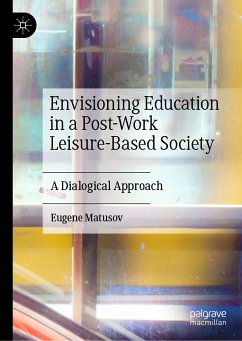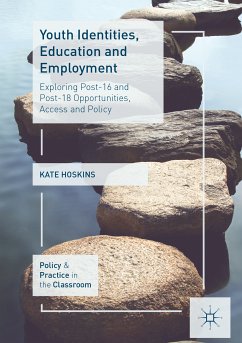This book is both an analytic and imaginative study of the future role of education in a leisure-based society. Grounded in a philosophical approach that draws on the work of Aristotle, Arendt, Keynes, and others, the volume deconstructs modern work-based society, as well as mainstream institutionalized education, which the author argues have systemically alienated students from their education, authorial agency, and society itself. The author argues for the value of intrinsic education, where the goals are based on students' own needs and interests, imagining new opportunities that can arise from the emergence of such a society.
Dieser Download kann aus rechtlichen Gründen nur mit Rechnungsadresse in A, B, BG, CY, CZ, D, DK, EW, E, FIN, F, GR, HR, H, IRL, I, LT, L, LR, M, NL, PL, P, R, S, SLO, SK ausgeliefert werden.









